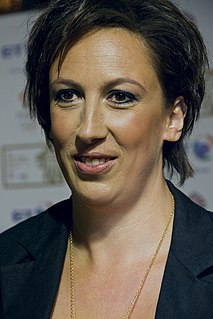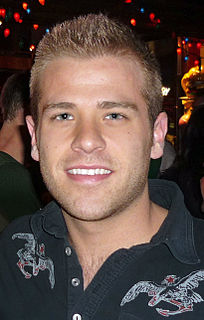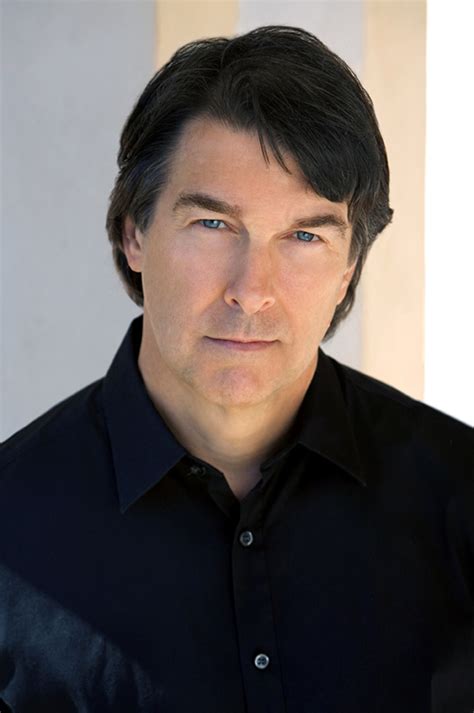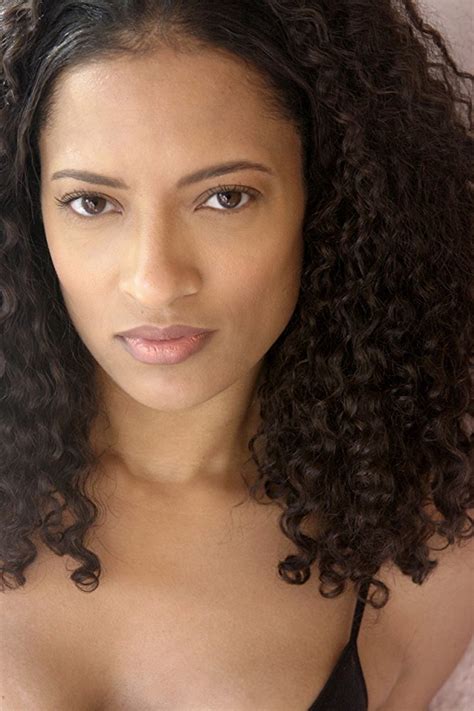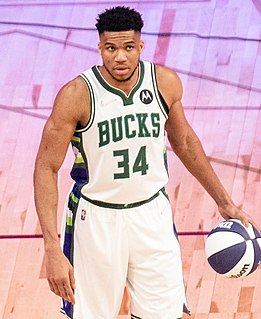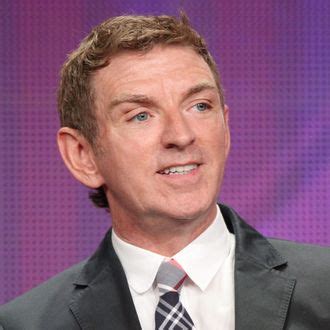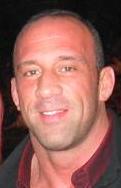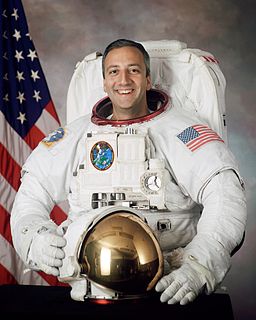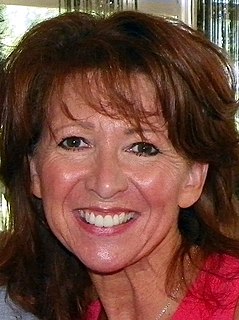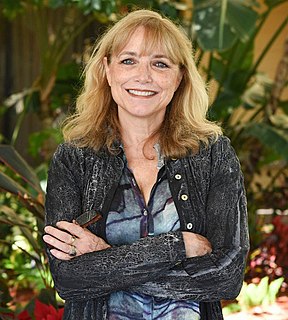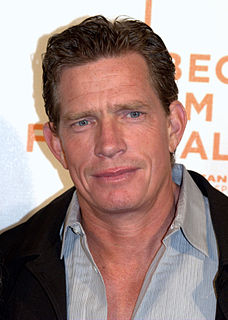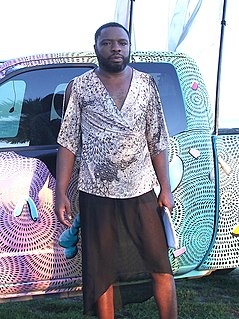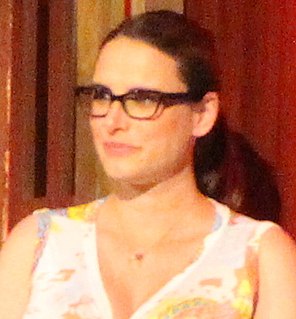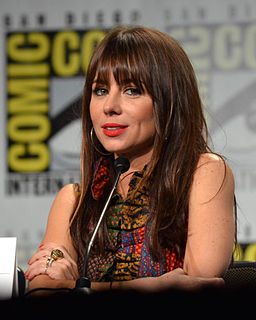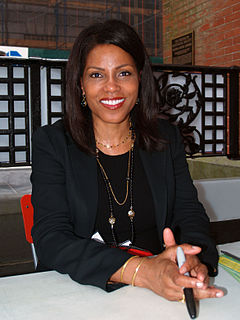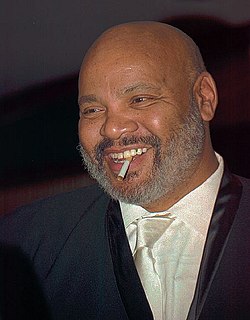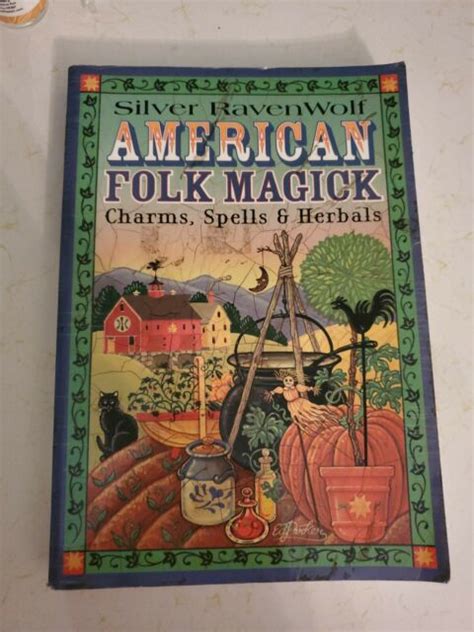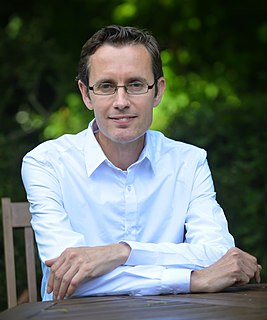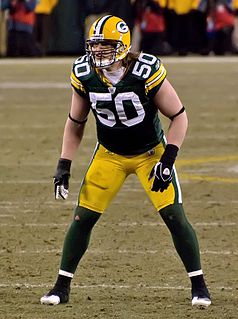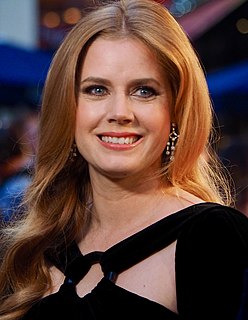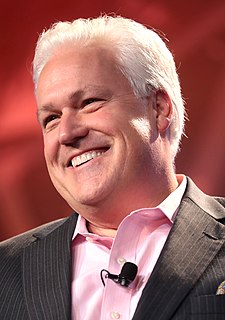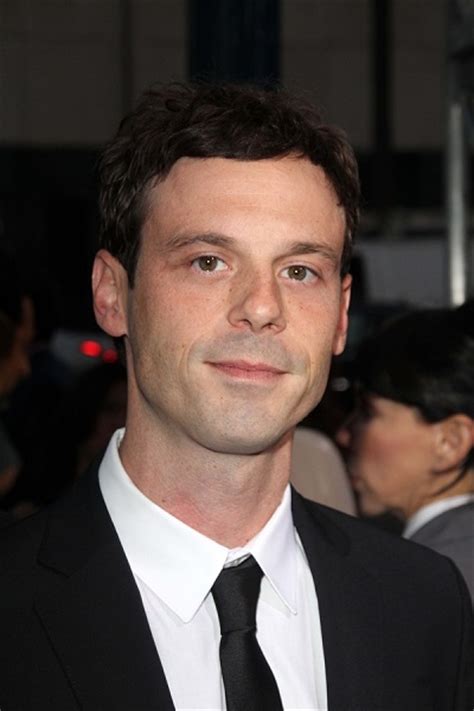Top 1200 Early 20s Quotes & Sayings - Page 20
Explore popular Early 20s quotes.
Last updated on April 14, 2025.
I think, for a shy person - and I was very shy until my mid-20s - having been to an all-girls' school is not brilliant on the boyfriend front later. Because when I went to university, it was definitely like meeting a new species of people. Suddenly, at age 19, I was thinking: 'Can you speak to these people?' I was very, very nervous.
In adolescence, it's 'How do I fit in?' In your 20s, 'What do I want to do?' Your 30s, 'Is this what I'm meant to do?' I think the trick is living the questions. Not worrying so much about what's ahead but rather sitting in the gray area; being okay with where you are. If you can find the parity between 'Where am I going?' and 'What's my purpose?' you've got two pretty solid pillars for your coffee table.
Young people, particularly in their teens and 20s, are not consuming sports the way my generation did. They are doing lots of things; they are multitasking. They are getting downloads; they are getting alerts on their computers or on their cellphones, and they are consuming sports in a more real-time but less full-time basis.
Part of me always felt like the other, the outsider, the observer. My father had two sons with his second wife, who I didn't meet until my late 20s. I was always on the periphery. In Madrid, I was the only Turk in a very international school, so I had to start thinking about identity. All these things affected me.
When you're in your 20s, you're a little more carefree; you're single. You have a very different way of looking at the world and experiencing the world. But later in your 30s, when you have children, a career, career obstacles, mortgages, car payments and relationships, you have to negotiate; that's a very different life.
Only two things change when you get older: the energy in your voice and the time of night you feel it's appropriate to call someone. In your 20s, people call at 2 a.m. and yell, 'Are you up?' into the answering machine. Now, someone calls after 8 p.m., and my boyfriend is like, 'Who is that? Who could be calling at this hour?'
Actually, social drug-taking went kind of low-key for a couple of years. Probably because of AIDS, people got very conscious of their health. But it seems to be making a comeback. Just the other night I was at a party where people kept disappearing into the bathroom every few minutes. I'm glad I did all that in my 20s and that I'm done with it. And that I wrote about it in Postcards from the Edge.
Because I had children relatively late - in my 40s rather than in my 20s - it wasn't anything I ever knew that I would do. It kind of happened to me: I met the right woman and we had children. It was a revelation because it suddenly makes me realize, 'Oh, I get it. Now I know what to do with the rest of my life.'
To some degree, the critic arises out of that negativity bias in that our brains are oriented towards threat and toward survival. The critic really started as a survivor mechanism in early infancy and childhood when we were trying to navigate our early family system and culture; when we're learning how to fit in so we could optimize that flow of love and affection. It was an internal voice telling us to shut certain patterns and reactions down, that negativity bias that's always looking for what's wrong, looking for the threat.
Visually I've always liked the 20s 30s for film. I do these because I like the music. I like the clothes. I like the way the women and the guys look. There are soldiers and sailors and gangsters with the machine guns in their violin cases. It's a very colorful era of New York, full of great theater and great nightclubs and great jazz.
One way or another, I think virtually all of the prophets and early Apostles had their visionary moments of our time--a view that gave them courage in their own less successful eras. Those early brethren knew an amazing amount about us. Prophets such as Moses, Nephi, and the brother of Jared saw the latter days in tremendously detailed vision. Some of what they saw wasn't pleasing, but surely all those earlier generations took heart from knowing that there would finally be one dispensation that would not fail.
Scientists are educated from a very early time and a very early age to believe that the greater scientist is the scientist who makes discoveries or theories that apply to the greatest ambit of things in the world. And if you've only made a very good theory about snails, or a very good theory about some planets but not about the universe as a whole, or about all the history of humankind, then you have in some sense accepted a lower position in the hierarchy of the fame of science as it's taught to you as a young student.
Learning to read and write makes little sense if you don't understand what you're reading and writing about. While we may have forgotten, most of our early learning came not from being explicitly taught but from experiencing. Kids aren't born knowing hard and soft, sweet and sour, red and green. When the child experiences those things, s/he transforms them into psychological understandings. When kids play with other kids, they learn about others and about themselves. Learning the basics of our physical and social reality is what early childhood is all about.
I had always been interested in the space program, and I didn't know if I could be an astronaut like I'd dreamt about when I was a little kid - to me it sounded kind of silly, someone grow up to be an astronaut - but, when I was in my 20s, I thought maybe I can get a job with NASA or a contractor, do something with the space program.
It's been said of me that I must get out of bed every morning and go cartwheeling down the road. Of course it's not true. There certainly was a time in my 20s when I wanted a bit of freedom, and I found that difficult, but if I'm ever having a time when I'm feeling sorry for myself, something always jolts me back.
Our understanding of early Christian beginnings is usually monolithic. It is much determined by the Acts of the Apostles, which pictures a straightforward development from the primitive community in Jerusalem founded on Pentecost to the world-wide mission of Paul climaxing with his arrival in Rome, the political centre of the Greco-Roman world. The Pauline epistles are understood not so much as historical sources reflecting a much more multifaceted early Christian situation fraught with tensions but as theological treatises expounding and defending the doctrine of justification by faith.
Amazingly, much of the best cartoon work was done early on in the medium's history. The early cartoonists, with no path before them, produced work of such sophistication, wit, and beauty that it increasingly seems to me that cartoon evolution is working backward. Comic strips are moving toward a primordial goo rather than away from it . . . Not only can comics be more than we're getting today. but the comics already have been more than we're getting today.
In my late 20s, I realized that I had a very clear social conscience and strong opinions about things like diversity, equality, and education, and while I tried to become more politically literate, I just couldn't catch on. It felt like I had walked into a movie that had already started, and no one would explain what had happened.
There's this whole post-modern, nuevo beatnik, retro-bohemian thing going on, you know what I mean? You walk into some coffee shops, and it feels like you're an ex-patriot in Paris in the 20s. You're like, 'Hey, isn't that a young Ernest Hemingway over there? Yeah, I think it is! Hey, let's go have a look and see what he's writing... It's a Gap application.'
You're 30: You know stuff now. Your 20s were for 'ducking up,' as my auto-correct would say, and learning from those mistakes. (For instance, never again will I convince myself that sleep is for sissies and go straight from a party to the airport. You will not 'sleep on the plane'; you'll vomit in the security line. Go to bed.)
This was early '90s and in New York hip-hop was coming on really strong; that was the sort of urban folk music that was almost threatening to eclipse rock music and indie rock music in terms of popularity, which it has certainly gone on to do. But you know, this is the end of the 1980s, beginning of the '90s. The whole independent label thing has really evolved to this incredible point from the early '80s when we started, and there wasn't one record label at all, until a couple people started forming these small labels.
I would go into my three different sisters' rooms in the early-mid '70s and they had very specific different tastes in music. I specifically remember lying on my different sisters' bedroom floors and listening to their record collections. And "Starship Trooper" was one of my sister Nancy's favorite songs and favorite album. Music is so defining for me. In the late '70s and early '80s, I worked in radio. When I was in high school, I worked at two different radio stations.
So, very early reports are that Obamacare exchanges are, as expected, having some technical glitches on the first day - maybe even a bit worse than expected, because it appears that volume has been much bigger than predicted. Here’s what you need to know: this is good, not bad, news for the program... Lots of people logging on and signing up on the very first day... is an early indication that it’s going to be fine, that plenty of people will sign up for the first year of health reform.
It shouldn't be difficult, then, to make the transposition at this point into the early Christian vision of Jesus and the Spirit and the way in which the material world is both celebrated and renewed through their work. The Jewish basis for the early Christian patterns of belief and behavior is clear. It is important that God's people are embodied, because God made this world and has no intention of abandoning it. The material of creation is a vessel made to be filled with God's new life and glory, even though the transformation may involve suffering, persecution, and martyrdom.
When I was going to gay bars in my 20s and 30s, the older guys there explained to me that the police would occasionally raid these places and march the clients out, load them onto paddy wagons, drive them down to the station, photograph them, fingerprint them and put their names on a list. They were doing nothing wrong, and it was criminalized.
There were times when I asked myself whether I was being principled or simply a coward.... I was wrapped in the cocoon of tennis early in life, mainly by blacks like my most powerful mentor, Dr. Robert Walter Johnson of Lynchburg, Virginia. They insisted that I be unfailingly polite on the court, unfalteringly calm and detached, so that whites could never accuse me of meanness. I learned well. I look at photographs of the skinny, frail, little black boy that I was in the early 1950s, and I see that I was my tennis racquet and my tennis racquet was me. It was my rod and my staff.
To me, the Craft is what Christianity was 2,000 years ago. It was a religion that was not corrupted. I personally think Jesus was a Crafter. We believe in all the things that he spoke of. The early Christians believed in reincarnation, and that was later removed from the belief system. Early Christians had a female Divinity, and that was taken out of their belief system, or as with Catholicism, replaced with Mary. Look at how incredible the growth in devotion of Mary is. It's amazing. The desire for a female Divinity is not just Wiccan. It speaks of a global need.
Turning 40 is often a big symbolic point in one's life. In the 20s we feel we can do anything, but as the 30s progress we become more mature emotionally, and in terms of work tend to focus. These two things combined: emotional maturity and career focus, often produced an explosion of self-purpose in our 40s.
I began as a fiction writer - I had written three novels in my 20s and 30s. But as my work has gravitated towards literary nonfiction, or lyric essay or poetic essay, whatever you want to call it, I'm constantly beating my head against the wall 'cause I'm teaching a genre that's no longer that exciting to me and that I'm no longer practicing.
I've obviously used fans - I wouldn't say all my life, because we couldn't afford them when I was young, but from my 20s and onwards we've had to use fans. And I've always loathed them. Everything about them. The way you adjust them, getting them at the angle you want. Carrying them. Cleaning them. The danger of putting your finger in them.
I like to shoot beautiful things. My two previous movies were one in the '60s, the other one in the '50s, and this one is in the '20s. This is a period that's very cinegenic. The cars, the props, the suits, the haircuts, the dresses, everything, and it gives you pleasure to compose frames with that material. The music, I really love jazz, so for me, when you have good materials and nice things, it's very pleasant.
In the beginning, there were bacteria.... [A] nearly universal assumption is that all subsequent life descended from the original life form through a continuous chain of ancestor-descendant pairs. This assumption looks good because all living organisms share biochemical traits. It is conceivable, of course, that life originated more than once on the early earth but that all except one life form died out early, leaving a single lineage as the ancestor of life as we know it. If this did happen, it was the first important species extinction.
You want to come in and prove yourself early. Obviously, it is a responsibility being drafted that high to come in and play well and to make an impact. If not, youre going to get cut. So you have to come in, make the team, have an impact and do something special. And I feel that, obviously, internally. I feel an obligation to myself to do that but obviously the organization, the fans, this community. I mean, they dont want to see a first-round draft pick be a bust, so I feel I have to come in and hopefully make an impact early.
Our patriotism comes straight from the Romans. This is why French children are encouraged to seek inspiration for it in Corneille. It is a pagan virtue, if these two words are compatible. The word pagan, when applied to Rome, early possesses the significance charged with horror which the early Christian controversialists gave it. The Romans really were an atheistic and idolatrous people; not idolatrous with regard to images made of stone or bronze, but idolatrous with regard to themselves. It is this idolatry of self which they have bequeathed to us in the form of patriotism.
There are no soul mates. Not in the traditional sense, at least. In my 20s someone told me that each person has not one but 30 soul mates walking the earth. (“Yes,” said a colleague, when I informed him of this, “and I’m trying to sleep with all of them.”) In fact, “soul mate” isn’t a pre-existing condition. It’s an earned title. They’re made over time.
Because I had children relatively late - in my 40s rather than in my 20s - it wasn't anything I ever knew that I would do. It kind of happened to me: I met the right woman and we had children. It was a revelation because it suddenly makes me realize "Oh, I get it. Now I know what to do with the rest of my life."
Chairman Priebus set out on an early and historic political outreach plan which called for investing resources early to build the RNC network well before Election Day. And although the elections are still eight months away, all indications are that the money has been well spent. Our message is getting out to the Hispanic, Asian and African American communities. If we can continue to implement this plan, we will be able to save the country from further policy damages at the hand of President Obama and the Democrats.
I was born to be married. I just feel comfortable there. I love the idea of being partnered for ever. I love my girlfriend, we've been best friends since I was 18. There's not a thing we haven't been through except for marriage... We've had talks about what we would name our kids since we were in our 20s.
I love L.A. It was an awesome place to spend my 20s, full of creative people, but I never wanted to stay there. It wasn't necessarily Texas that I wanted to move to; I just knew I wanted to live in the country somewhere. My wife and I found this place in Texas that we really liked, so we packed up our stuff and moved.
I have a very large shoebox overflowing with lyrics I've been writing and collecting since my teen years and into my late 20s, with lyrics from all walks of my life. Darkness, being in love, being heartbroken, finding yourself... and lyrics that I've been sitting on for, like, seven years, that I haven't done anything with.
